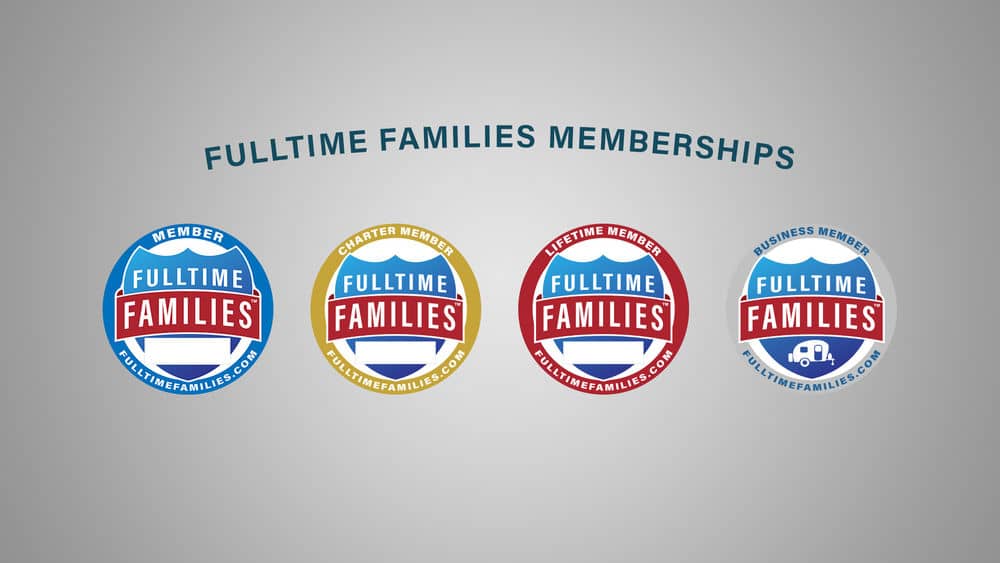Are there any other options you would recommend outside of these two?
I wouldn't recommend either of those two. Before buying an indemnity plan, make 1,000% sure you know how it works. And then check again to be sure you really understand it. Indemnity plans aren't inherently bad if you make an informed choice to buy that kind of coverage. But many people are misled and think they're buying a major medical insurance plan only to find out it's actually an indemnity plan.
Indemnity plans are intended to be supplemental coverage. For example, if someone has a major medical plan that pays 75% of charges, the consumer is still on the hook for 25%, which can be substantial. An indemnity plan is a way to limit one's exposure on that 25%. It was never intended to be standalone insurance.
Indemnity plans don't have networks because they don't care how much a service costs because their agreement is to pay YOU a set amount for a given type of service; their payment is independent of what the doctor charges. So say you have a plan that pays $120 for Procedure X. If you see a doctor who charges $150 for Procedure X, you'll pay the $150 to the doctor and get $120 from the indemnity plan. If you see a doctor who charges $700 for Procedure X, you'll pay the $700 to the doctor and get the same $120 from the indemnity plan.
So with an indemnity plan, you can see any doctor you want, but you have to be proactive not to inadvertently see one who's charging $700 for the same procedure another doctor charges $150.
Given this, you can see how people who think they have a "regular" insurance plan can be in for a shock when their doctor bills reveal what their coverage actually is. And many companies and agents sell indemnity plans in a way that makes them look, to the untrained eye, like major medical plans. If a plan is touting freedom from networks, there's a good chance it's an indemnity plan, and you'll have to dig through the verbiage to realize it.
I don't know what FMCA is offering these days, but a couple of years ago they were selling indemnity plans this way. Escapees, too.
As for healthshare ministries, the main thing to understand is that they aren't insurance (they're getting a little better about divulging that, although there are still issues), and there's no obligation whatsoever for them to pay any claim, ever. And since there's no obligation, members don't have any recourse outside of the organization if their claim is denied. If an insurance company denies a claim, you can sue them. Since healthshares don't have any obligations--everything they do is voluntary--there's nothing to sue them for.
And there's no regulation of them, like there is of insurance companies. They'll tout that as a benefit, but regulations generally favor the consumer, not the entity being regulated. For example, insurance companies are required to spend a certain amount of the premiums they receive on actual health care (as opposed to administrative expenses, for example); if they don't meet that requirement, they're required to refund the excess premiums.
Insurance companies are also required to maintain financial reserves to cover claims. Healthshares have no such requirements (because they're unregulated), and there's nothing preventing them from suddenly declaring insolvency. In fact, a couple of years ago one of them was backlogged several months, maybe even pushing a year, in paying claims, and they didn't have to reveal why. Was it because they just didn't have enough people working the claims, or were they intentionally pushing payments down the road because they didn't have the money to pay them yet? Who knows.
And speaking of paying, with both healthshare ministries and indemnity plans, it's possible you'll be required to pay up front for procedures and then file a claim for reimbursement. With traditional major medical insurance, you might owe a copay when you see a doctor who accepts your insurance, but everything else gets sorted out after that between the doctor and your insurance company, without your involvement.
Also, insurance companies used make a big business of denying claims based on pre-existing conditions. ACA plans can't have any restrictions due to pre-existing conditions, but indemnity plans and healthshare ministries can. That "gotcha" can still rear its ugly head for people with non-ACA plans.
Your idea to self-insure to a certain point and have coverage for a catastrophe is sound, but a catastrophe is one time certainty on your coverage is important, and neither of these types of plans provide that. Major medical also doesn't provide 100% certainty, but it comes a whole lot closer than the alternatives.
We are comfortable self insuring to a point if we could get catastrophic coverage to cover a major incident. Out income will also be too high to get a reasonable ACA plan price and I don't think our state has any PPO options for having a good network anyway through the ACA.
A lot of people who choose to fulltime choose a domicile where they can get an ACA plan that provides access to a nationwide network.
Also, it occurred to me that your employers were probably contributing to your company-provided health insurance premiums. To get a realistic view of what healthcare coverage actually cost you, you should factor in what your employer was paying on your behalf, the same as factoring in the employer's share of FICA taxes that independent contractors have to start paying out of their own pocket through self-employment tax.
 healthynomads.org
healthynomads.org

 rvinsurancebenefits.com
rvinsurancebenefits.com
 healthynomads.org
healthynomads.org



